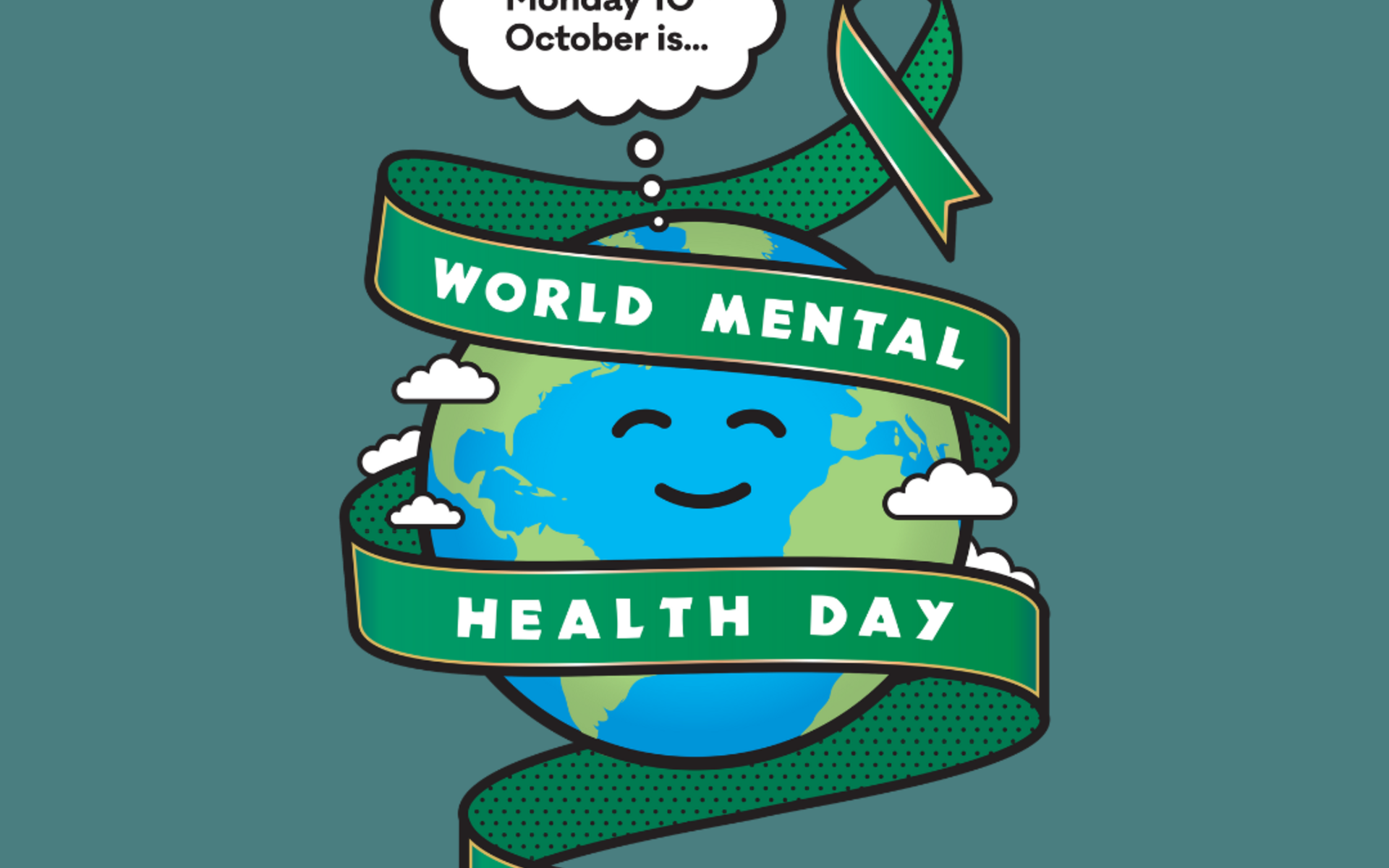Despite this, it is still a taboo topic for many.
At Sphere, we are doing our best to ensure mental health is no longer a taboo topic. So, we asked our consultants to share some of their thoughts and advice around mental health:
What do you do when you’re not feeling good mentally?
“Take some time for myself – either go for a walk, exercise, listen to a podcast, read a book and just kinda be present in the moment! Takes the stresses away and allows you to see the anxieties/problems from an outside perspective”
“Cry and walk. Never underestimate the power of “letting it all out”. There is too much taboo around crying, especially with men. It’s a natural physical reaction to an emotion. You can’t process the emotion without letting it go. I always feel so much better by acknowledging my feelings and crying them out. A walk does wonders too – fresh air = fresh perspective. Time to think, especially away from a screen really helps”
“I call a family member, take everything step by step. Things can sometimes be overwhelming, so break everything down, make a plan and solve things one task one at a time.”
Has mental health ever affected you/your work - would you feel comfortable speaking about it?
“Massively. I have struggled with mental health for a long while and only in the past few years have felt comfortable talking about it.”
“Definitely! I would be surprised if anyone in recruitment/sales didn’t feel that way – it is such a high-pressure environment! Not 100% comfortable, but I would happily open up/discuss similar stories with other people in a one-on-one situation”
“Yeah massively, and I am really happy to be open about the fact I’ve suffered in the past with crippling anxiety and imposter syndrome. I’ve had situations that have massively knocked my confidence but feel proud of the measures I took to pick myself up. We have to get better at treating our mental health just like our physical health – if something doesn’t feel right, seek help and support.”
What self-care would you recommend?
“Take a weekend off the booze! Drinking causes hangovers which in turn can promote stress and anxiety levels to rise, so have a weekend off and take some time for yourself. I go on dog walks, grab a coffee or some breakfast in the local café and have a movie night”
“Run a bath with candles, have a takeaway and movie night, plan frequent meet-ups with family and friends.”
“At least 1 hour a day not being on your phone and being fully present in the moment. Whether that is listening to a podcast on a walk, taking a bath, going for a run! Also speaking with your mates and family – those that totally get you! Nothing better than vocalising things”
What advice would you give to others who are struggling with their mental health?
“Talk. Even if an opportunity to / platform for talk hasn’t been presented to you, take the bull by the horns and talk to someone anyway. Ripping the plaster off and talking freely about how you feel will make you feel a million times lighter.”
“Be kind to yourself and give yourself a break. We are all doing our best, but sometimes life just feels a little bit hard. My favourite saying is ‘if it doesn’t matter in 5 years, don’t spend 5 mins worrying about it’.”
“Talk to someone who is going to just listen. Sometimes you don’t want advice on how to fix your problems or stresses – it’s great to have a close friend or partner or family member that you can vent to without any judgement and without the need to even reply to what you are saying. A problem shared really is a problem halved.”
Our main piece of advice? Talk.
We know this can be difficult to do but talking about your mental health is the first step in making a change and helping you to feel better.
At Sphere, we provide a range of mental health services for our employees, including:
- An EAP with 24/7 confidential helpline and counselling
- Mental health first aiders
- Access to a life/career coach
We also always adopt a flexible approach with all staff - whether that's extended leave, time at home, etc.
If you’re struggling with your mental health at work, speak with your company and find out what services they have to offer help and support. Otherwise, here are some other platforms that you can go to for support:

